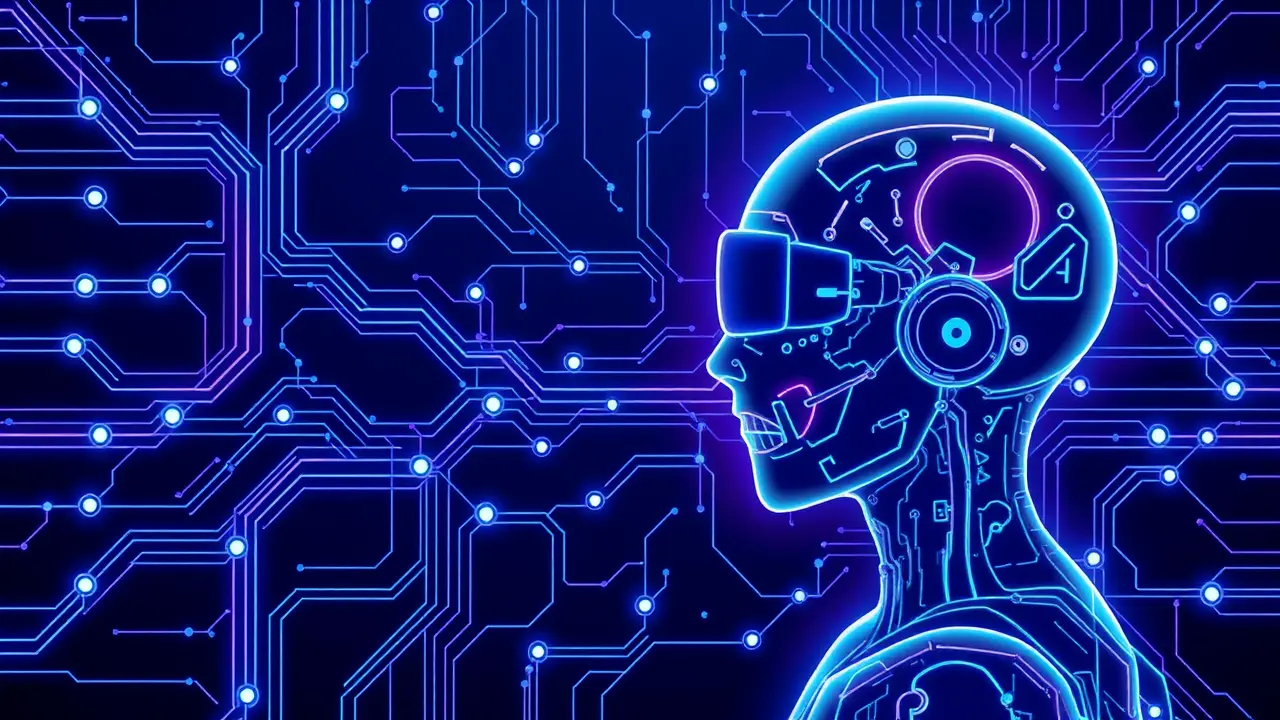
AIai safety & ethicsAI Impact on Jobs
Humans Fuel AI Growth in New Gig Economy
MI
Michael Ross
5 hours ago7 min read
The great AI acceleration of our time is being powered by a deeply ironic engine: human labor. As layoffs ripple through traditional sectors, a new gig economy has emerged where individuals are paid to train the very systems that may one day render their roles obsolete.This isn't merely data annotation; it's a fundamental recalibration of the human-machine relationship, echoing the 'mechanical turks' of the 18th century where a hidden operator gave the illusion of autonomous intelligence. Today's 'AI trainers'—doctors, lawyers, musicians, and delivery drivers—are the modern equivalents, performing the unseen labor that makes generative AI appear magically capable.Companies like Uber are now incentivizing drivers to perform simple AI tasks during downtime, some of which directly contribute to the development of the self-driving technology that could eventually displace them. Amazon's new augmented reality glasses for delivery drivers, while framed as a safety tool, represent a potential trove of training data for future autonomous delivery systems, a conceivable next step the company has not explicitly denied.This creates a complex ethical landscape, reminiscent of Isaac Asimov's explorations of human-robot dynamics, where the immediate economic benefit for workers collides with long-term existential risks. San Francisco startup Mercor explicitly recruits professionals to imbue AI with expert knowledge, a 'mad rush' to fine-tune models to perform junior-level work for free today, with senior-level tasks inevitably in the crosshairs tomorrow.OpenAI’s collaborations with Juilliard musicians to teach composition and former investment bankers to replicate Wall Street's grunt work underscore the breadth of this incursion. The prevailing mindset among many workers has become a pragmatic 'if you can't beat 'em, join 'em,' a bet that engaging with the technology is the only path to short-term relevance.As NYU Stern professor Vasant Dhar, a machine learning researcher with decades of experience, observes, technology historically challenges humanity to improve itself. He sees a looming bifurcation between those who 'up their game' in symbiosis with AI and those who do not, a divergence that could define the future of work and societal structure. The bottom line is stark: humans are actively fueling an intelligence explosion that promises unprecedented productivity but also carries the distinct possibility of training themselves into obsolescence, a paradox that demands urgent and thoughtful policy discussion to navigate the risks and opportunities of this new age.
#featured
#AI training
#gig economy
#layoffs
#human labor
#automation
#workforce
#data labeling
Stay Informed. Act Smarter.
Get weekly highlights, major headlines, and expert insights — then put your knowledge to work in our live prediction markets.
© 2025 Outpoll Service LTD. All rights reserved.